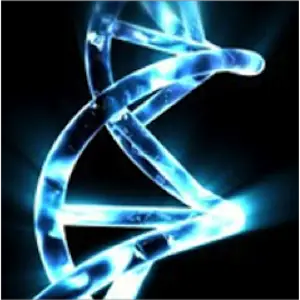Another short story taken from my current novel-in-progress:
 |
| Photo: dw.de |
When I finished the letter to my kids, I got up and checked the door, and it was locked, of course. So I sat back down and started writing this journal, supposing, for some reason, that someone would come along and interrupt me before I'd managed to get very far. I've caught up now, all the way to the present, and I'm still alone. It's so quiet here it's creepy. There's a constant, very quiet thrumming that's probably the fan motors for the ventilation system, and an occasional creaking sound. I suppose that's the hull rubbing against the dock bumpers when the wind blows.
I have everything I need: toilet, shower, food, shelter. I have too much shelter. Still need to find a way to break out of here.
Which leads me to two questions: Where is here, and what do they want with me? For that matter, who are they? No matter what explanation I come up with for the bizarre people and events I've encountered over the past three days, every single one of them sounds crazy. Some of my friends would say I've been abducted by aliens, and that one makes me laugh. I do believe that sometimes that may happen to people, but it's not what happened to me. Alien abductions always happen when you're sleeping, and I was awake and walking around. And there's the matter of the missing aliens, too. These people are certainly odd-looking, but they're clearly human.
 |
| Photo: blogington.com |
That would answer a few questions (why they act so strange, why I'm not allowed to go home) but still leave a bunch of questions unanswered (where I am, how I got here and why, how I can get out). If this is a secret building in New Mexico and not a ship in some body of water, then I wonder what that creaking sound is. I'd say it doesn't matter, except it may be a clue that can help me escape.




